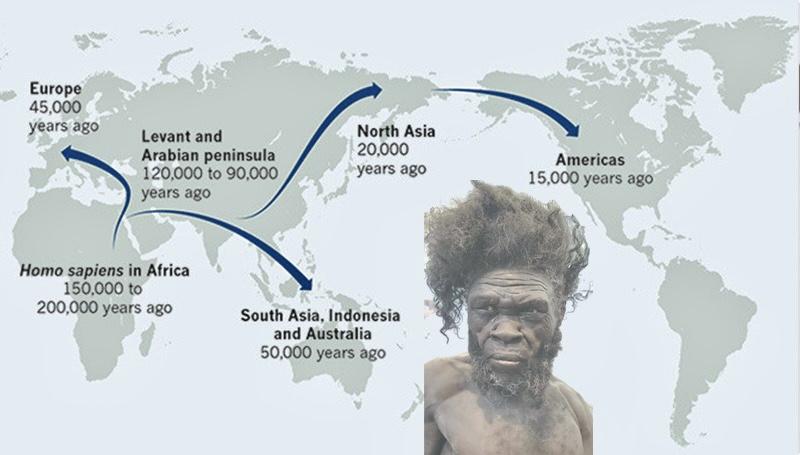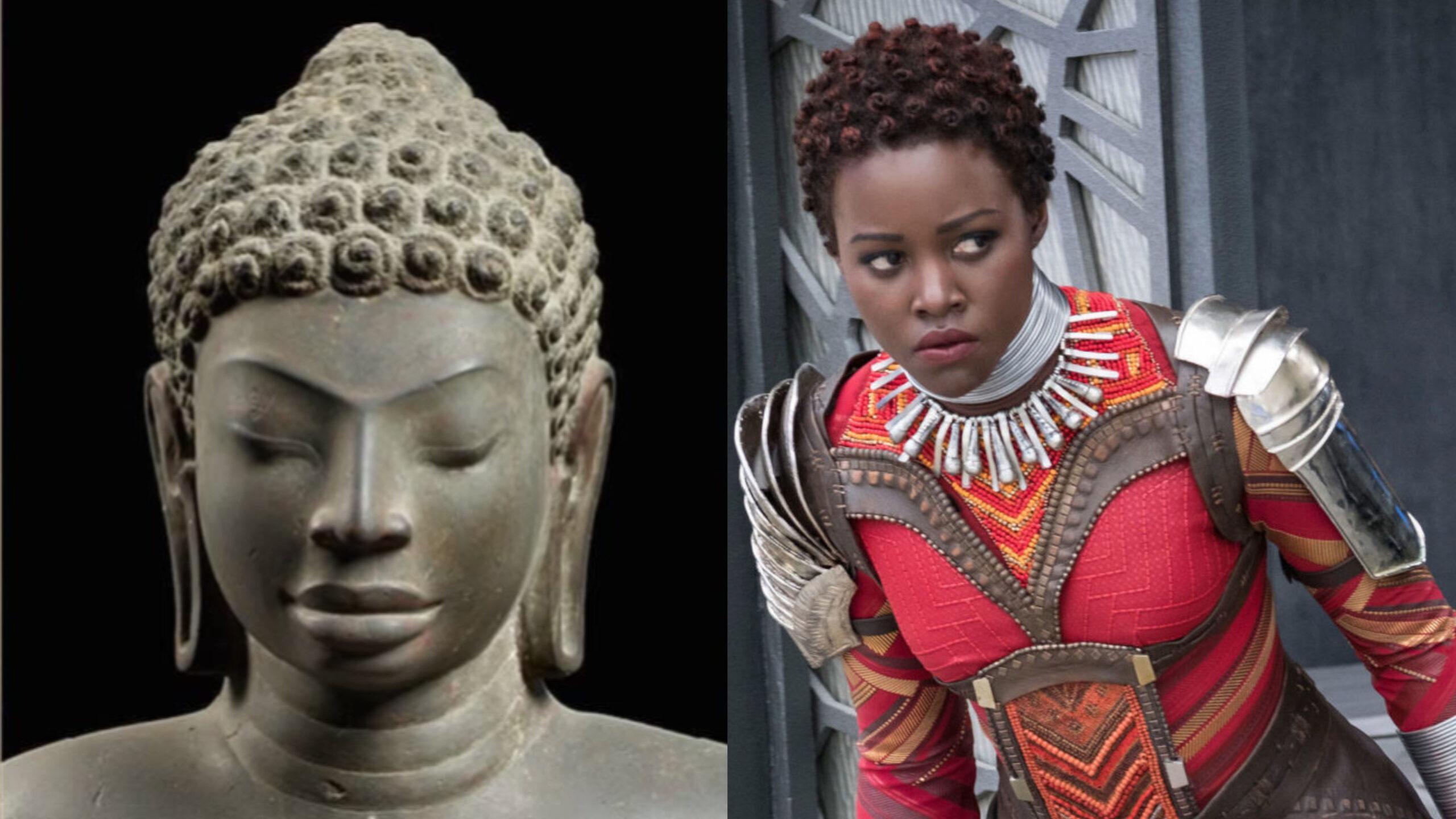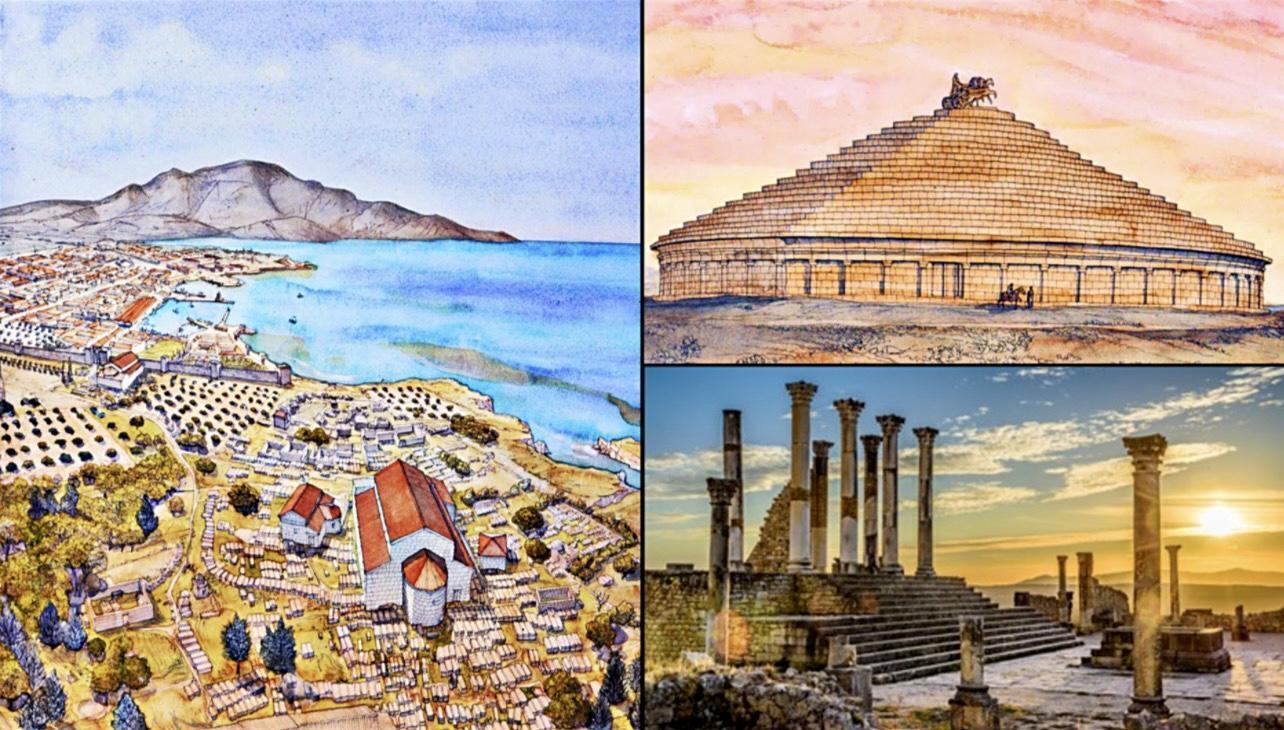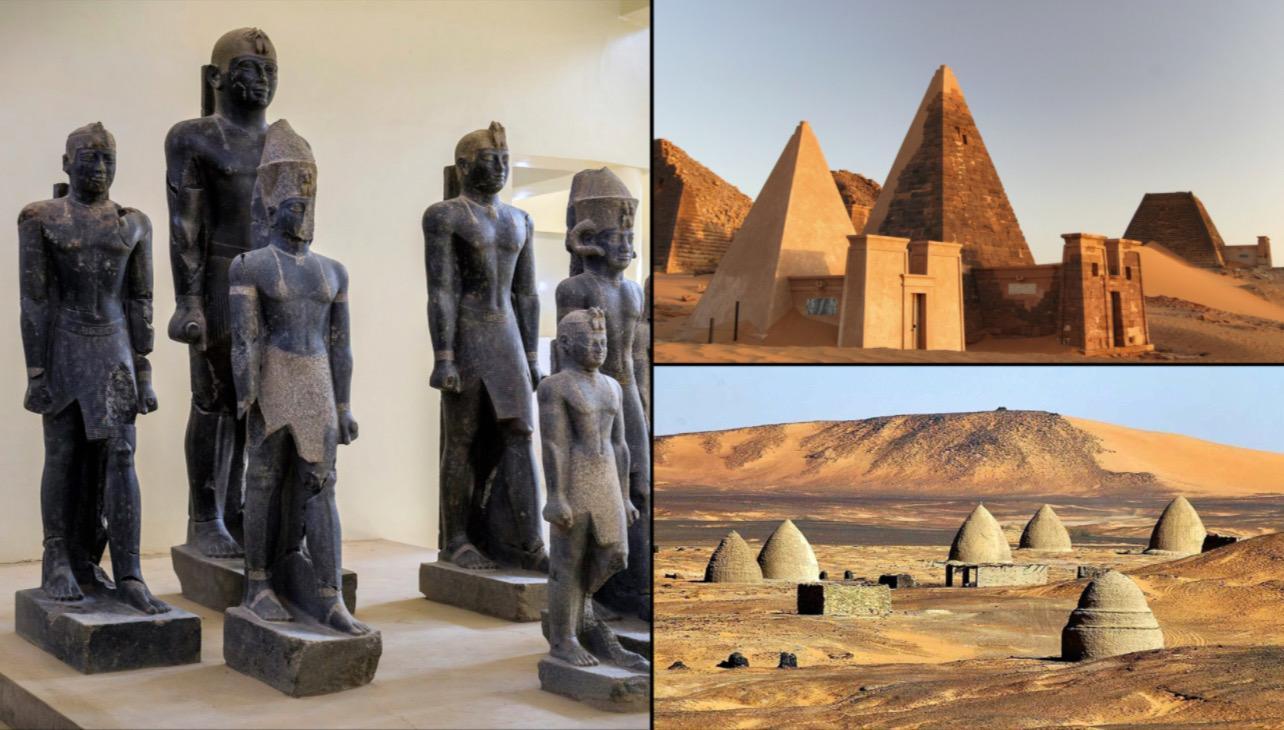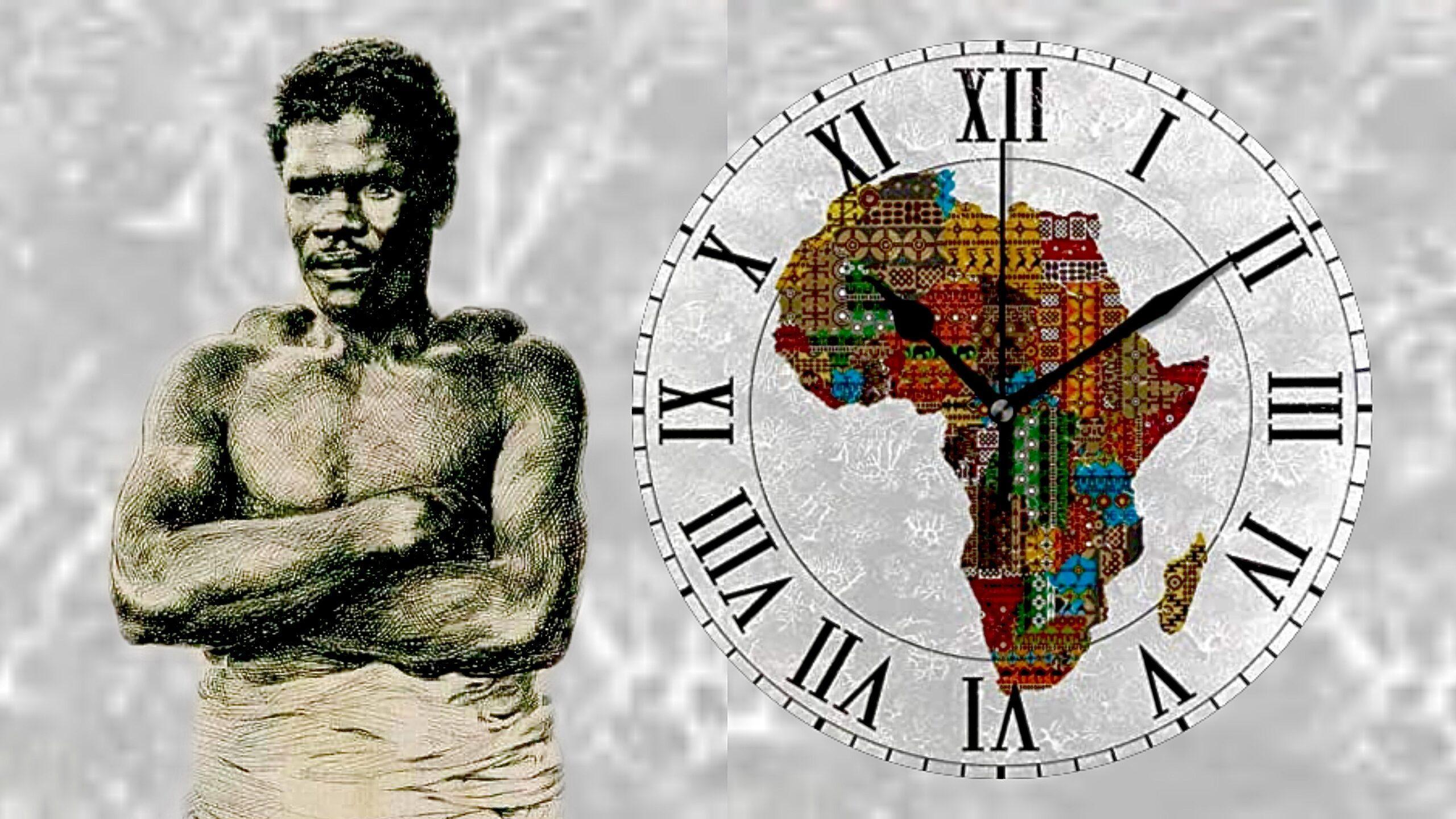Rwanda has been ranked the world’s sixth safest country for solo travelers, as well as the safest country in Africa. Switzerland is the safest place in the world for solo travelers, according to the report. The only African country to make the top ten is Rwanda. According to a new survey, Rwanda is the sixth safest country in the world …
Read More »The African History
Rwanda appoints Ghanaian Professor as acting Vice-Chancellor of University of Kigali
Under the leadership of Paul Kagame, Rwanda has built a reputation as one of the lead African countries working towards intra-continental co-operation and also the gradual neutralization of the artificial demarcations keeping Africans apart. This has reflected in their unity-specific policies, running through sectors such as, security, education, health, labour among other areas. In terms of trade and recruitment for …
Read More »Marie Van Brittan: The black woman who invented modern security systems – cctv
Who was Marie Van Brittan? Marie Van Brittan Brown was an African American inventor. She created the first home security system with the help of her husband Albert Brown. The patent for her invention was registered with the name of “Home Security System Utilizing Television Surveillance “ in 1966 and was accepted in 1969. The security system created by Marie …
Read More »Meet beautiful dark African girls that made planet crazy
What happens when four gorgeous South Sudanese women gather to eat breakfast dressed monochromatically in white and are photographed? It creates a stir on social media and drives netizens crazy. These photos of four stunning South Sudanese beauties have driven netizens nuts. The photos shot by creative director and photographer, Isaac West who is into uplifting women of color has …
Read More »Modern humans spread out of “motherland” Africa over 120,000 yrs ago
The term “migration” refers to “movement from one country, place, or locality to another.” Humans have been on the move ever since the first humans began to spread from Africa. Even today, at least 258 million people live outside of their country of origin, accounting for 3% of the world’s population. Migration, whether voluntary or forced, has significantly shaped our world. First …
Read More »Did you know that African warriors could see, smell & hear over 3.5 miles away?
The sense of smell, seeing and hearing in humans is more powerful than we think. Either you were an enemy or a friend, Africans would not fail to small, see or hear you from farer distance of over 3.5 miles away. African warriors could smell, see, and hear their opponents and animals up to 3.5 miles away. The fact that …
Read More »The original Buddha was wearing the hairstyle known today as Bantu knots [15th century BC]
Bantu knots are a protective hairstyle in which the hair is repeatedly sectioned, twisted, and wrapped around the base to make a knot-like appearance stacked on top of one another. Bantu knots can be traced back to the Bantu speaking people, which started in Southern West Africa and moved out through Central, Eastern, and Southern Africa during the Bantu migration, …
Read More »Kingdom of Mauretania, presen-day Algeria & Morocco. Influenced Roman Empire [225 BC]
The Kingdom of Mauretania was founded in the third century BC, approximately 225 BC. According to modern ethnic taxonomies, its inhabitants are of Berber descent, and it is today located in the western region of Algeria and Northern Morocco. Formation Mauretania was a kingdom ruled by the Mauri Peoples, who would go on to become famous in history. The Phoenicians …
Read More »Kingdom of Kerma – Ancient Sudan [over 5500 years ago]
Kerma, also known as Karmah, is a historically significant archaeological site. It is the old capital of Kerma, an ancient country located in the Dongola Reach (above the 3rd Cataract of the River Nile in Sudan). All of these legends date back over 5500 years. Kerma is one of the most important archaeological sites in ancient Nubia (ancient region in …
Read More »Thomas Fuller: Unbelievable fastest human calculator 1710-1790
Thomas Fuller, an African sold into slavery in 1724 at the age of 14, was sometimes known as the “Virginia Calculator” for his extraordinary ability to solve complex math problems in his head. Rumors circulated that he was a servant. However, he could not read or write, which was not uncommon among slaves at the time. Some believed that he …
Read More » The African History Truly African
The African History Truly African




